Better chemotherapy and aggressive chemoradiation have contributed to improved locoregional control and survival for head and neck cancer.

Noninvasive Techniques for Management of Aging Skin
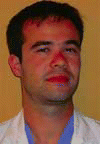
Nose News: Sleep-Disordered Breathing, Middle Meatal Stents
Just how much of the nose plays a role in sleep-disordered breathing should probably get a bit more attention.
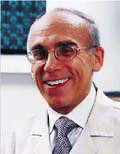
Surgical Issues: Insights into UPPP, CPAP Use, and CSF Leaks
Does multilevel upper airway surgery preclude continuous positive airway pressure (CPAP) usage, and is there a best way to repair cerebrospinal fluid (CSF) leaks?
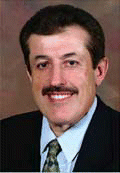
Patient Selection, Counseling Can Prevent FESS Failures, Disappointments
The success of functional endoscopic sinus surgery (FESS) often depends on patient selection and expectations, according to several experts.
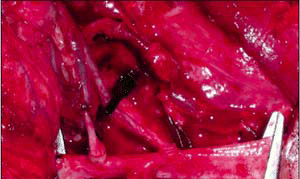
End-to-End Blood Vessel Coupler Also Safe, Effective in End-to-Side Use
The use of an end-to-side coupling device for anastomosis appears to successfully work in challenging cases involving head and neck reconstruction following resection of cancer, researchers reported here at the 111th annual meeting of the Triological Society.
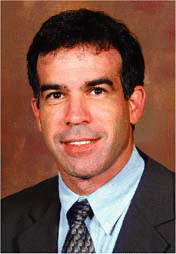
Management Issues in Recurrent and Metastatic Thyroid Cancer
The incidence of thyroid cancer has sharply increased over the past decade, with estimates showing a rise in newly diagnosed cases from about 17,000 in 1998 to more than 30,000 in 2007.
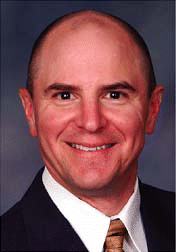
Transoral Laser Microsurgery a Viable Option for Head and Neck Patients
Transoral laser microsurgery (TLM) is a relatively new treatment in the United States and is a viable option for several types of head and neck cancer, allowing physicians to target tumors without needing to surgically disassemble the patient, according to the experts interviewed for this article.
Understanding Sleep Architecture Can Aid Diagnosis
More is being learned about sleep and how it relates to otolaryngology. At the recent Combined Otolaryngology Spring Meeting, attendees heard details about how the different stages of sleep affect obstructive sleep apnea (OSA), as well as intriguing findings showing how airway anatomy changes can actually be seen during sleep with use of real-time CT imaging.
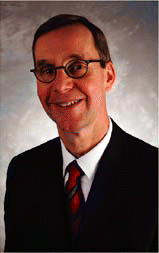
Current Controversies in Rhinologic Surgery
The modified Lothrop procedure is becoming the standard method for treating severe frontal sinus disease, but the osteoplastic frontal sinusotomy still has a role.
- « Previous Page
- 1
- …
- 67
- 68
- 69
- 70
- 71
- …
- 86
- Next Page »